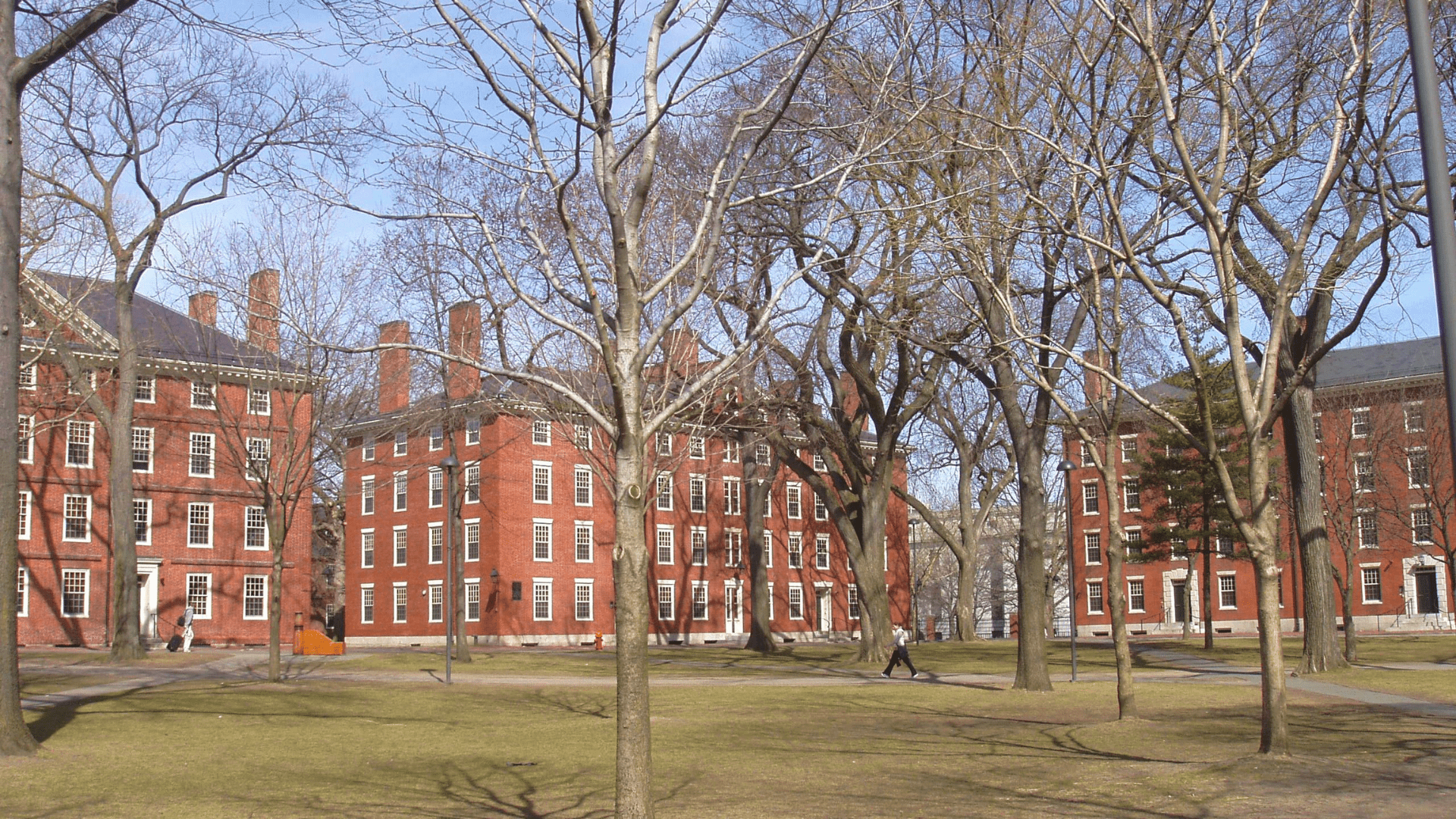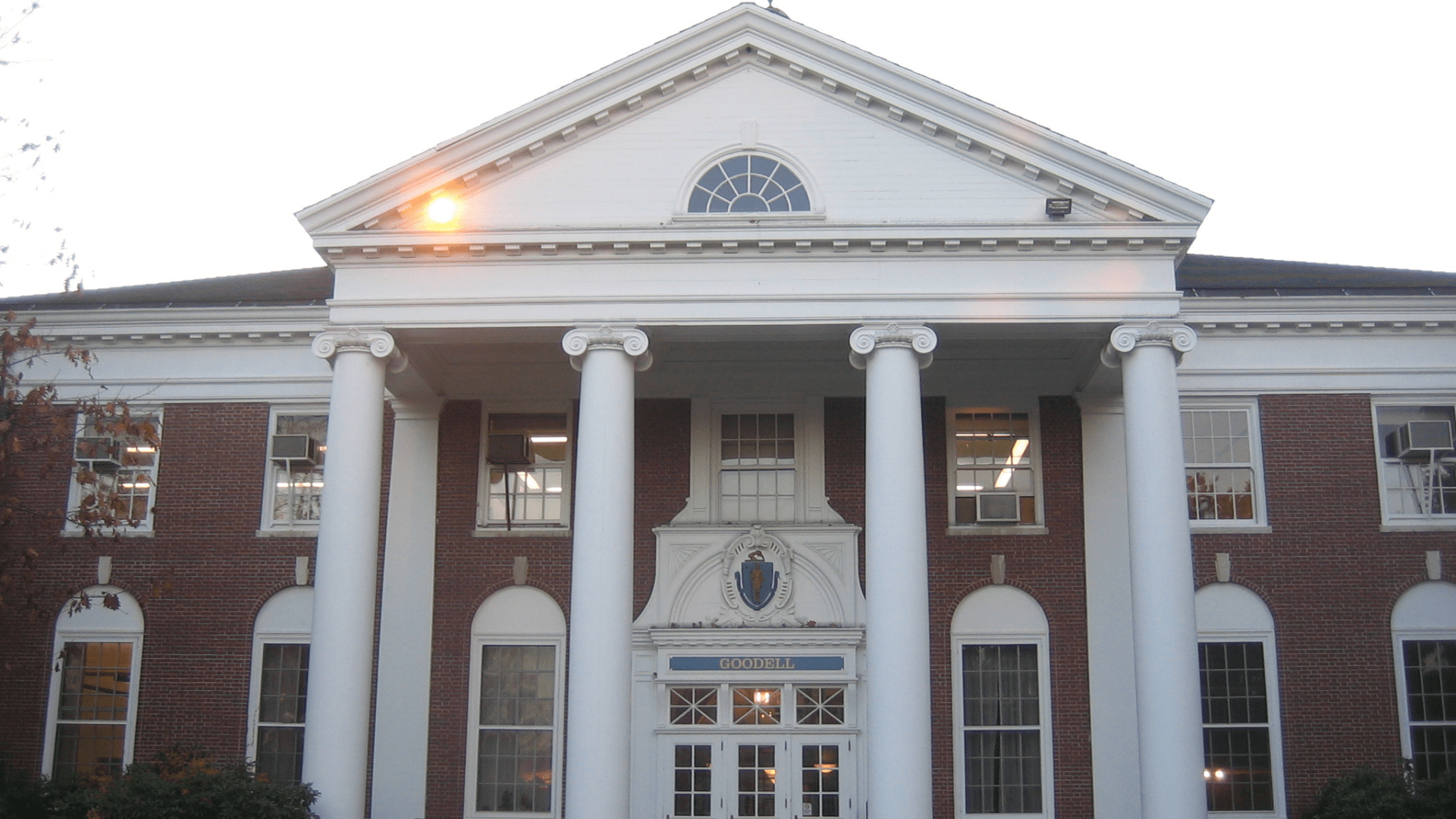A proposed bill–Bill H.3760–in Massachusetts aims to impose taxes on wealthy colleges, particularly targeting those favoring alumni and donor families in admissions policies, like Harvard University.
The collected funds would then be directed towards supporting financially challenged community colleges.
Harvard Faces a $103 Million Annual Fee

The legislation, which specifically addresses legacy admissions, targets several institutions, with Harvard facing the largest estimated fee of $103 million annually.
This move follows recent scrutiny on university admission policies, including the US Supreme Court’s decision against race-based affirmative action.
Bill H.3760 Legislation Overview and Targeted Colleges

Two Democratic legislators in Massachusetts introduced the bill in anticipation of the Supreme Court’s decision.
The proposed legislation employs a formula based on endowment value per student, establishing fees through a sliding scale. Harvard, with a $50.1 billion endowment, would face the largest fee, contributing to a trust fund for community colleges. The bill faces opposition from a private college association within the state.
Simon Cataldo Criticizes Legacy Admissions

State Representative Simon Cataldo, one of the bill’s sponsors, contends that legacy admissions contradict the goal of promoting social and economic mobility.
He argues that maintaining admissions policies favoring wealthier applicants conflicts with defending race-conscious affirmative action meant to assist historically disadvantaged minorities. Harvard has faced criticism from minority groups, accusing the university of providing preferential treatment to alumni and wealthy donors’ children.
Are College Endowments Ethical?

Historically, college endowments have been under legislative scrutiny, with lawmakers pushing for wealth redistribution.
Prior attempts to enact such proposals in Massachusetts (2018) and Connecticut (2016) failed. The federal government imposed a tax on private universities with endowments exceeding $500,000 per student in 2017. The tax, affecting institutions like Harvard, Yale, and Princeton, has faced lobbying efforts for its removal.
Legacy Admissions Impact on Blacks and Latinos

The Department of Education is currently probing a complaint filed by Black and Latino groups in New England this month.
The complaint alleges that nearly 70% of legacy applicants to Harvard are white, putting forward a 31-page argument that emphasizes the significant disadvantage faced by applicants of color due to legacy admissions.
Growing Support for Bill H.3760

Since the bill’s introduction in February, it has garnered substantial support. However, it remains without Republican co-sponsors.
On Wednesday, Representative Jamaal Bowman urged Senator Tim Scott, R-S.C., a presidential candidate who has expressed support for ending legacy admissions, to endorse the bill. Despite the momentum, the legislation is still seeking bipartisan backing.
Senator Tim Scott Urges Admission Criteria Based Solely on Academic Scores

Scott, who applauded the Supreme Court’s recent decision on affirmative action, voiced his stance during a Fox News interview last month.
He suggested that Harvard should do away with any legacy programs that provide preferential treatment to students in the admission process. Emphasizing a commitment to a merit-based approach, he urged the adoption of admissions criteria solely based on academic scores.
Amherst Will be Impacted Despited Eliminating Legacy Admissions

The proposed Massachusetts legislation targets colleges with legacy admissions and significant endowments.
While Amherst has eliminated legacy admissions, it employs early decision policies, contributing to wealthier students’ advantage.
What Are Amherst and Williams’ Annual Fees?

The bill estimates annual fees for Amherst at $5.7 million and Williams at $8.4 million. Both institutions, each possessing over $3 billion in assets, declined to comment.
The Massachusetts Institute of Technology, exempt from the proposed fees, avoids using binding early decision policies or legacy preferences.
Bill H.3760’s Progress and Implications

The bill underwent a hearing on June 27 and awaits further consideration by the Joint Committee on Higher Education.
Opponents argue that banning early admissions could disadvantage Massachusetts colleges, potentially prompting students to leave the state. They emphasize that legislative policies should focus on affordability and access to retain students and maintain the state’s leading position in higher education.
National Debate on University Admission Practices

The proposed legislation in Massachusetts reflects a broader national debate on university admission practices.
By targeting legacy admissions and endowments, lawmakers aim to address perceived inequalities in the system. The bill’s progression and potential impact on college policies underscore the ongoing efforts to reshape admissions criteria and promote fairness in higher education.
